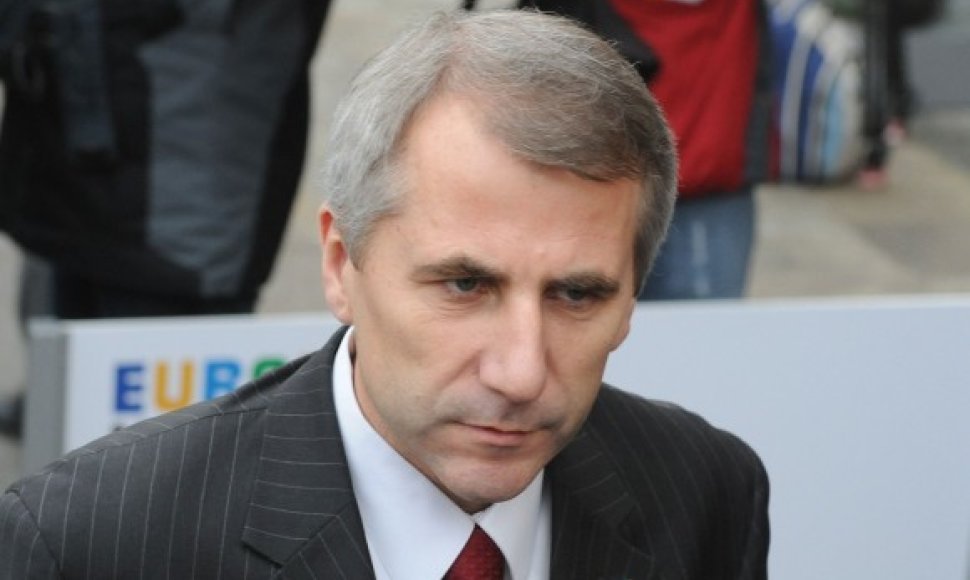The Lithuanian diplomat has told BNS in Vilnius that the Lithuanian and EU relations with Russia are dynamic and complex, adding that interests will not always match and stressing the importance of "always seeking a dialogue on settlement of problems."
In Ušackas' words, the issue of the Russian "discriminatory measures" against Lithuanian haulers was raised by EU's external policy chief Catherine Ashton at a meeting with Russian Foreign Minister Sergey Lavrov in New York. Ušackas says a letter to Russia on the matter has been signed by EU's customs and trade commissioners.
Speaking about the banned imports of dairy products, Ušackas said that the European Commission was not informed about the reasons behind the Russian steps. In his words, the EC has full confidence in the quality control of Lithuanian dairy products and urges Russia to act adequately.
"In the light of the information and further development of events, the European Commission will make a decision on raising the issue at the World Trade Organization," Ušackas told BNS on Tuesday evening.
At the same time, the diplomat stated that Lithuania should seek a more active dialogue on bilateral basis, as the country's reputation in Moscow is bad.
"In addition to trade and legal instruments, a political reaction and a political dialogue are needed – not only through international organizations but also on the bilateral basis," said Ušackas, Lithuania's foreign minister in 2008-2010.
"Unfortunately, the dialogue between Vilnius and Moscow is stalling, Lithuania's political reputation in Moscow is poor. It is the international practice that communicating and talking with neighbors is crucial, on the international level, as well. It is particularly important when we aim to avoid disagreements, incidents and more favorable conditions for Lithuanian businesses," the diplomat said.
In Ušackas' words, Russia has imposed trade restrictions upon German, Finnish and Austrian grocery and animal exporters, however, "the countries first of all addressed the problems bilaterally."
"We can go to arbitration and use instruments of international organizations. The EU and I, as an EU representative, defend and will defend the interests of EU countries, including Lithuania, however, just as the case is in life, civil or business clashes, it is crucial to talk bilaterally, particularly with neighbors, before going to courts or arbitration. And I see that the dialogue is lacking," Ušackas told BNS.












